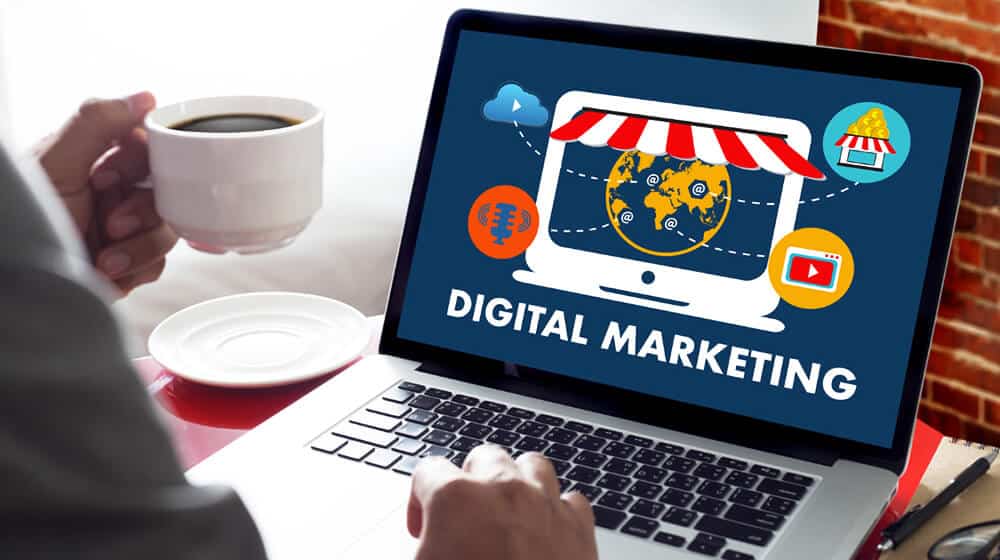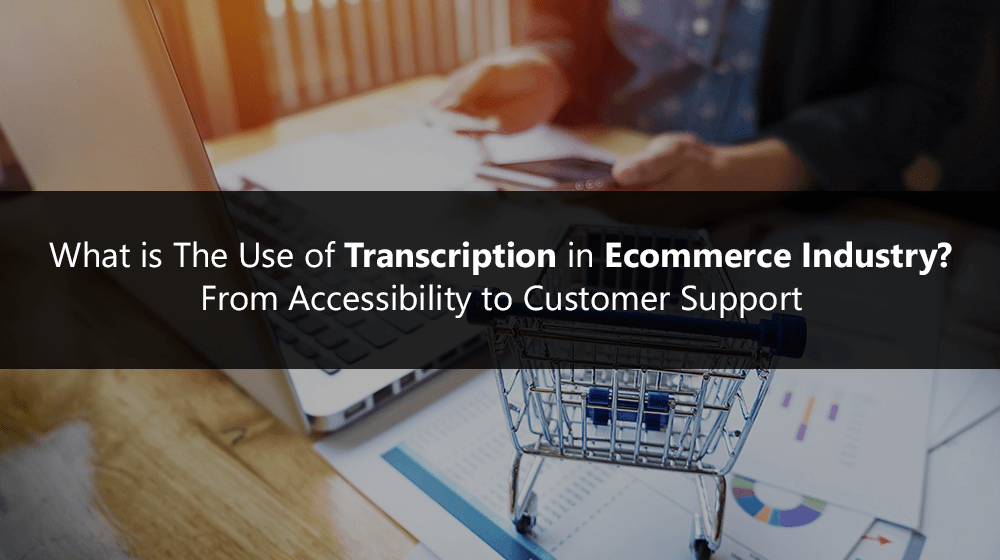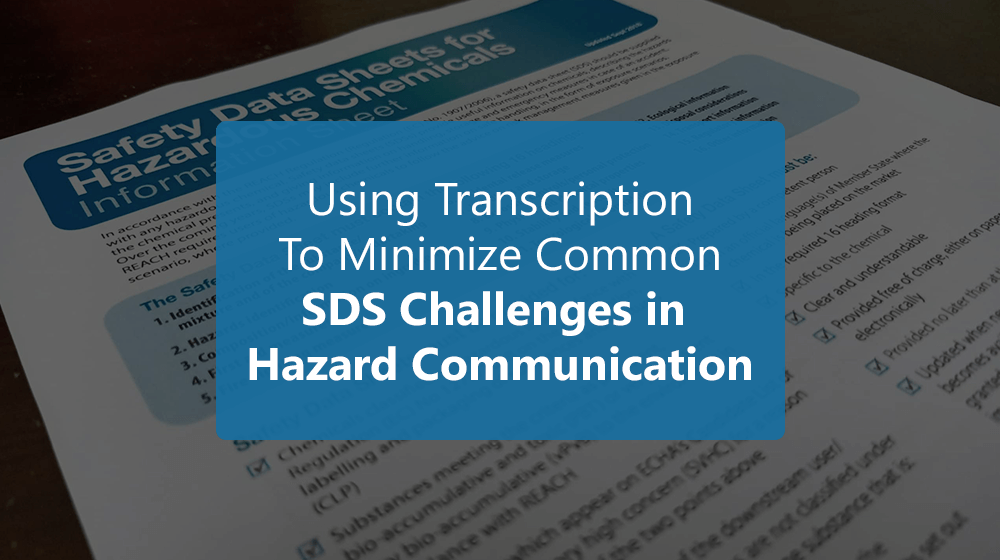Translating for digital marketing assists in reaching global audiences by empowering businesses to resonate with diverse international audiences. It assists in tailoring messages to cultural and linguistic differences. By translating, brands make their content understandable and appealing to people regardless of where they’re from or what language they speak. Translation helps overcome the challenge of creating a local presence in global markets. It assists in avoiding cultural missteps, and ensuring that marketing campaigns are as effective abroad as they are at home. Without it, businesses risk alienating large portions of their potential audience and missing significant revenue opportunities.
5 Benefits of Translation for Digital Marketing
1. Enhanced Customer Engagement
By communicating in the native language of your audience, you can create a more personal and meaningful connection. This personalized approach nurtures trust, leading to higher engagement rates, prolonged site visits, and increased conversions.
When Nike launched the “Tokyo Maze” Air Max 1, they used Japanese-translated marketing and emphasized Tokyo’s urban culture. This strategy connected well with Japanese consumers, boosting engagement and reception.
2. Market Expansion
Translating content allows businesses to tap into new geographical markets with ease. By tailoring the content to connect with local audiences, businesses can effectively introduce their products or services to millions of potential new customers.
Spotify, the music streaming service, expanded into the Middle East and North Africa by offering its platform in Arabic. By translating their materials, the service became more user-friendly and attracted many new users in the region.
3. Brand Consistency
Proper translation ensures that the brand message remains consistent across all markets. Instead of risking potential misinterpretations or relying on automated translations that may not capture the brand’s tone or message accurately, professional translation ensures the brand’s voice is consistent, regardless of the language. Like, Coca-Cola ensured its “Open Happiness” slogan kept its essence in various languages, like “Destapa la Felicidad” in Spain.
4. Cultural Sensitivity
The proper translation goes beyond mere words. It considers the cultural intricacies, idioms, and local customs, ensuring that marketing content is linguistically correct and culturally appropriate. It prevents potential missteps that can turn away or offend audiences. Let’s get it via one example: As Airbnb expanded globally, they didn’t just translate their content but adapted it to local cultures and customs. For example, in Japan, they made sure their content honored local etiquette. This careful approach helped Airbnb connect better with different audiences and avoid cultural mistakes.
5. Competitive Edge
Many businesses overlook the importance of translating their digital content. By ensuring your content speaks to a global audience, you can gain a significant edge over competitors who may only cater to monolingual audiences or who rely on subpar translation methods.
When Netflix grew worldwide, they prioritized high-quality translations that captured cultural and contextual details. While some rivals lagged behind or used basic translations, Netflix’s attention to detail attracted more non-English-speaking viewers, giving them a competitive edge in the global market.
Wrap up
Translation for digital marketing is more than just a strategy; it’s necessary as it enables brands to genuinely connect with diverse audiences, respecting their cultures and languages. Looking for top-tier translation services? Trust ANT by Datagain to seamlessly bridge the language gap and connect you to global audiences. Dive into the world of effective communication with us!

















